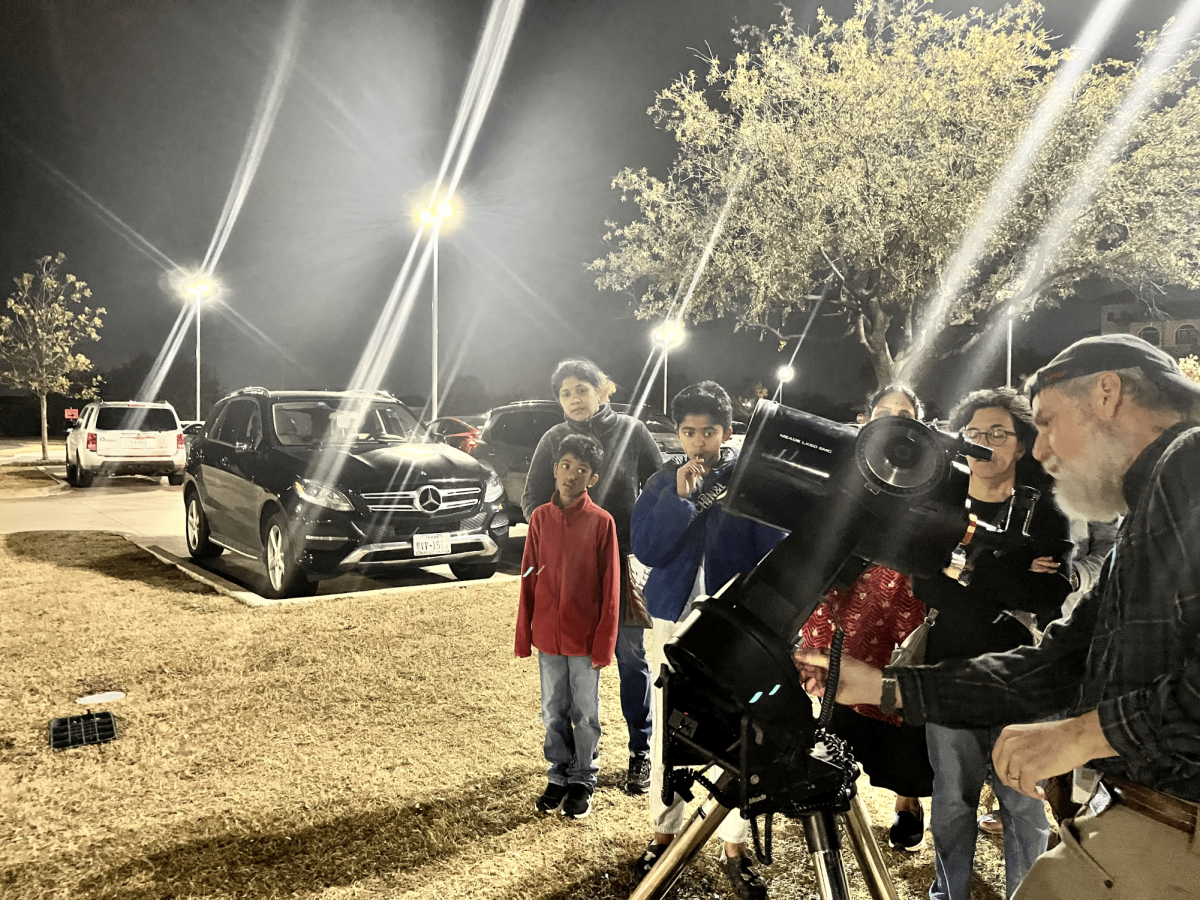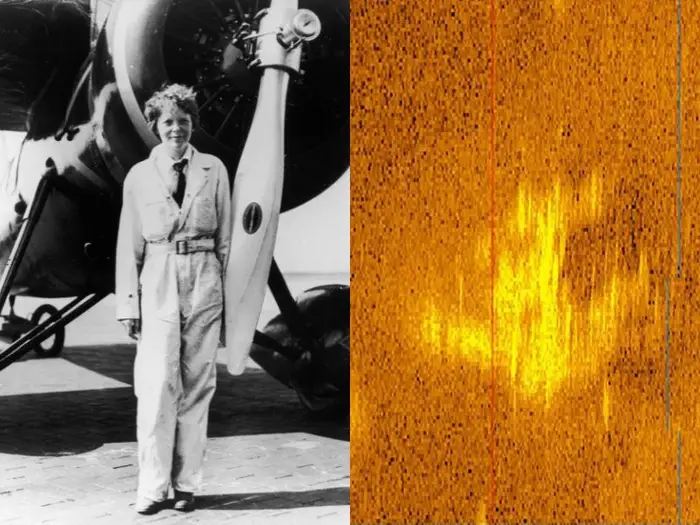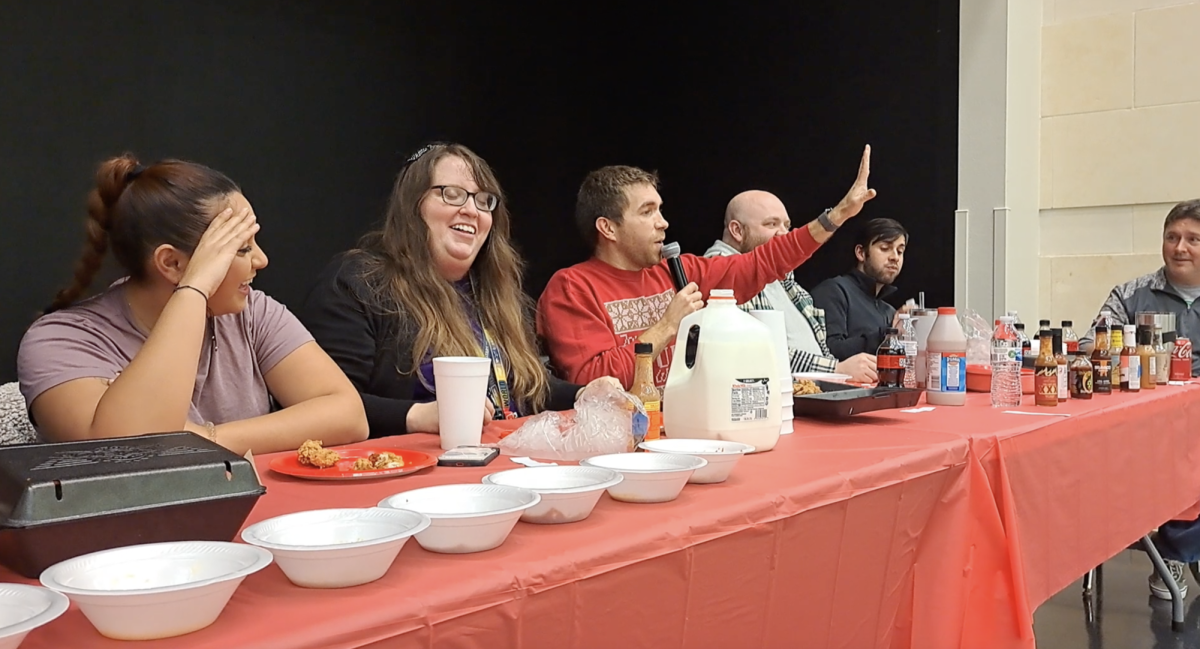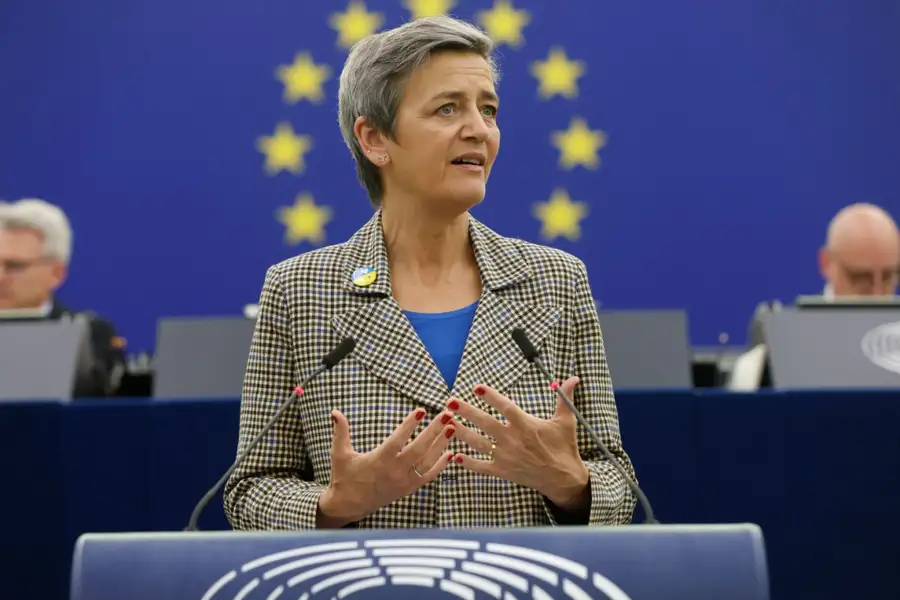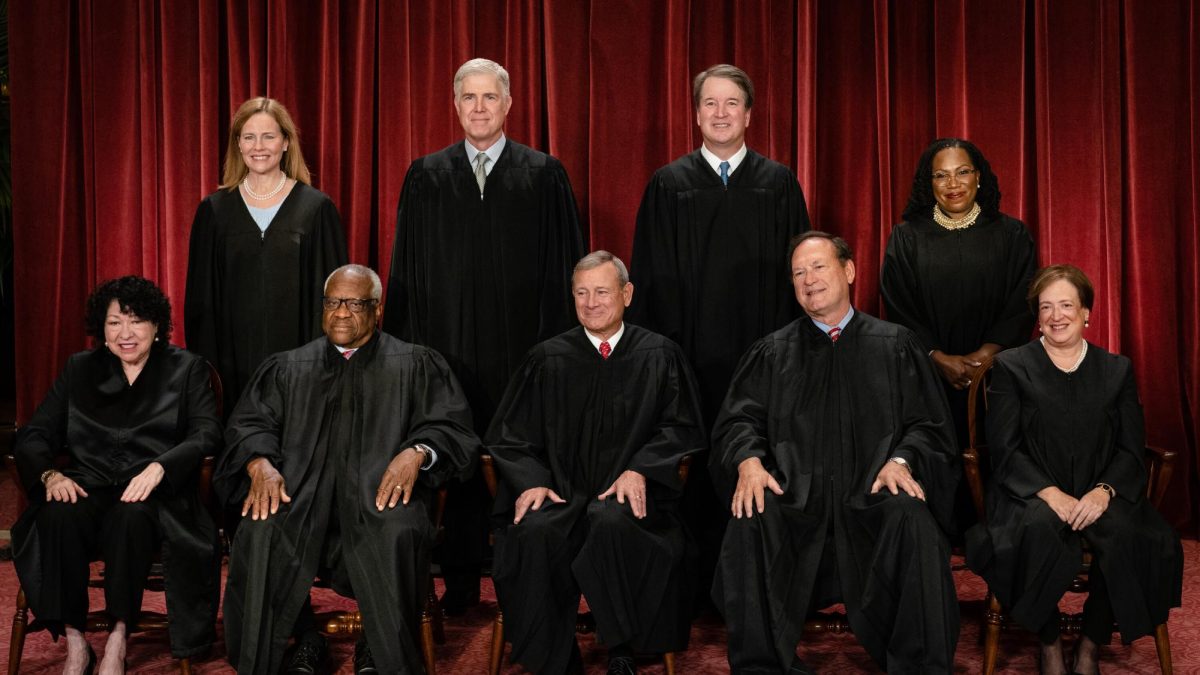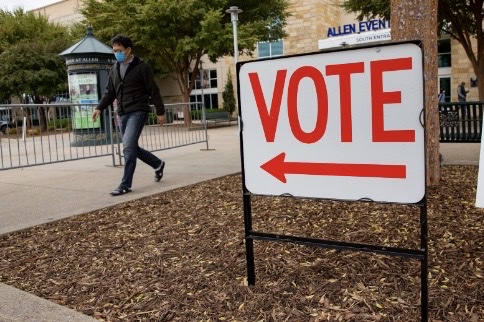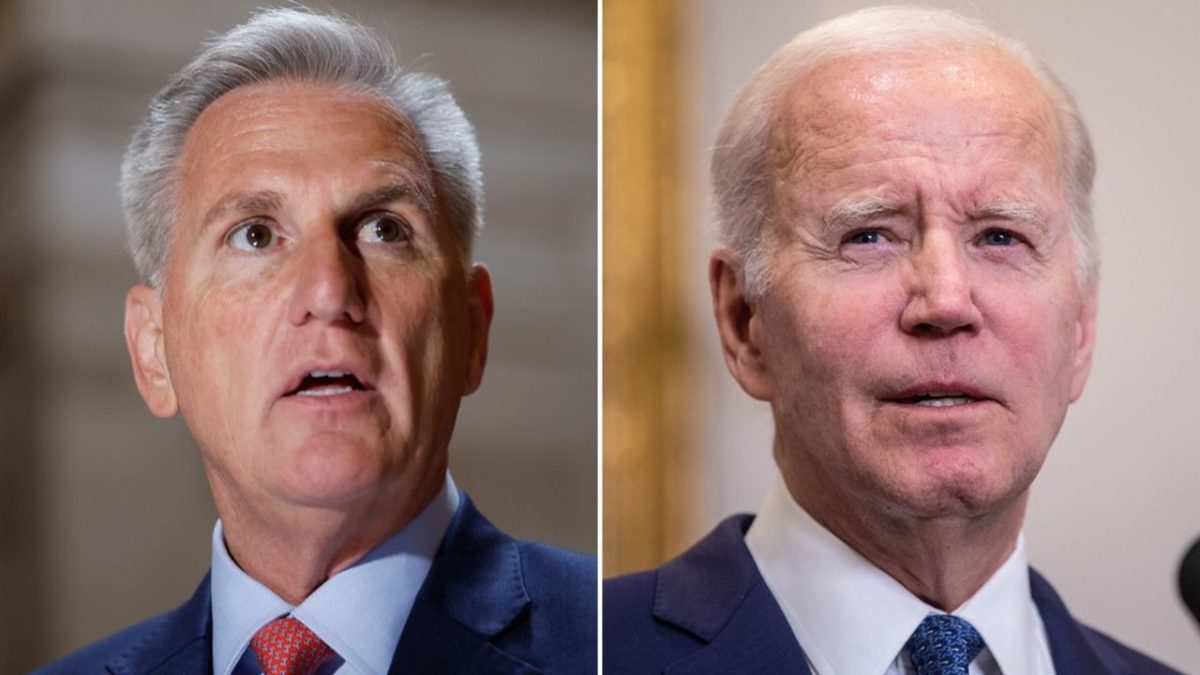As Artificial Intelligence (AI) and machine learning steadily expand, their latest impact is on the realm of music.
With a few clicks of the keyboard, users can craft music that’s tailored to their preferences— no instrument or musical expertise required. Platforms such as Soundraw or Loudly are a few of the numerous AI programs shaping music’s future.
Though this music production technique is gaining popularity, consumers and companies alike are beginning to reevaluate the implications of its use.
Much of the controversy surrounding AI-generative music stems from how the AI operates. Similar to other AI chatbots, these platforms contain a database of music, from a variety of genres, artists, and languages. Once users input their desired parameters, such as specific melodies, tempo, or other musical elements, the AI will produce its own song.
This raises the question of whether or not this is considered ‘sampling,’ where an artist takes a section from an existing piece of music, such as a song from another artist, and uses that audio segment in their track.
Since these programs utilize real sound samples from artists and combine them to create a new piece, many remain conflicted about who the music belongs to.
“I believe that there will always be the ‘old-school’ way, the ‘new-school’ way, [and] the ‘AI’ way,” said Mandy*, a voice instructor at Frisco School of Music and Performing Arts, a music-education company in Frisco, Texas. “As long as we continue to teach and show students all [the available options], then we’re doing our part as instructors. It would hurt the students to try and blockade them from what is upcoming.”
Public Reception & Legal Response
In April 2023, music company Universal Music Group (UMG) sent out a public message urging streaming services, including Spotify and Apple Music, to ban AI’s access to their music catalogs.
“[UMG has] a moral and commercial responsibility to our artists to work to prevent the unauthorized use of their music and to stop platforms from ingesting content that violates the rights of artists and other creators,” a spokesperson for the company stated in an April interview with CNN. “We expect our platform partners will want to prevent their services from being used in ways that harm artists” (CNN).
Spotify has already taken down thousands of AI-generative songs, including those created by the AI startup, Boomy, which enables users to publish songs they create onto music platforms while maintaining a 20% share of their royalties. The ban was instituted after concerns of the startup using bots to inflate the number of streams for its songs on the platform, negatively impacting other artists.
One of these songs, titled “Heart on My Sleeve,” was submitted for a Grammy nomination. Created by TikTok user ghostwriter977. It was designed to impersonate the voices of Canadian singers Aubrey ‘Drake’ Graham and Abel Makkonen Tesfaye, known as ‘The Weeknd’. The creator self-released the song on April 24, 2023, and it quickly garnered millions of streams. However, many consumers remained conflicted on whether or not it was the pair’s real voices, and the song eventually got taken down by UMG and Spotify.
“Though [the song] was written by a human creator, the vocals were not legally obtained,” Harvey Mason Jr., the chief executive of the Recording Academy, said in Sept. 2023, over the Grammy submission. “The vocals were not cleared by the label with the artists, and the song is not commercially available– because of that, it’s not eligible.”
In the United States, AI music is also facing a legal challenge.
“When an AI technology determines the expressive elements of its output, the generated material is not the product of human authorship,” the U.S. Copyright Office said in a public statement issued on March 16th, 2023. “As a result, that material is not protected by copyright and must be disclaimed in a registration application.”
Nevertheless, some artists have embraced AI’s future.
In April 2023, Canadian singer and songwriter Claire Elise Boucher, known professionally by her stage name ‘Grimes,’ announced that she was willing to split 50 percent of royalties with people who used her voice in their productions.
I’ll split 50% royalties on any successful AI generated song that uses my voice. Same deal as I would with any artist i collab with. Feel free to use my voice without penalty. I have no label and no legal bindings. pic.twitter.com/KIY60B5uqt
— Grimes (@Grimezsz) April 24, 2023

For music instructors, these technological advancements offer a newfound opportunity to explore the varieties of music creation for students.
“I’ve enjoyed seeing all the different facets that [combining] technology and music can bring,” Mandy said. “So many different artists have the talent and drive to create amazing beats or use technology to their advantage. I feel that it just enhances the music world and [the] industry [as a whole].”
Ultimately, it remains to be seen how quickly AI will advance, but its growing influence in the creation of music hints at a future where the lines between creativity and technology start to blur.
“Human creativity will always come in every form– we just need to accept what it is and grow and learn with the changing times,” Mandy said. “Even in AI, it’s being taken from somewhere or somebody or something. Any type of music is just that. Music. [Personally,] I don’t care if it’s AI, instrumental, or a karaoke track. As long as I’m teaching my students how to sing a song and feel the emotions and the lyrics, that’s all that matters to me.”
*Full name withheld to protect the source’s privacy.


